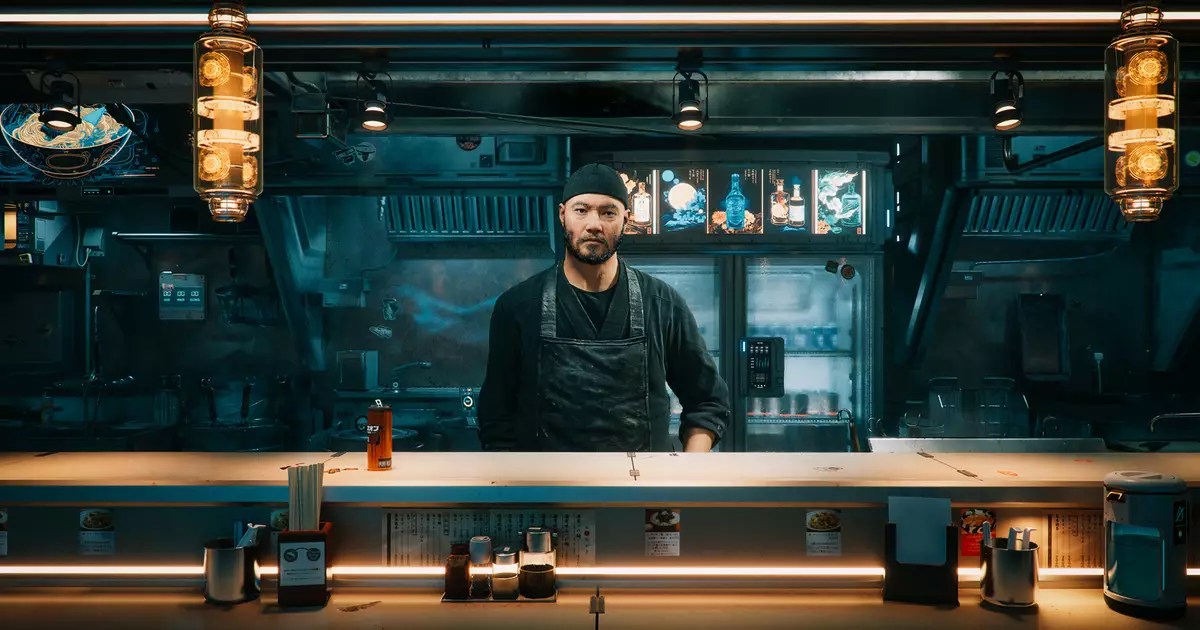The debate surrounding generative AI is currently one of the most hotly contested topics in not only the realm of video games but also within the broader scope of art and culture. Recently, the CEO of Nvidia, a leading graphics card company, made a bold prediction regarding the future of gaming. Jensen Huang stated that within the next decade, we will witness the emergence of games where every element visible on-screen is entirely generated by AI in real-time. This revelation has sparked both excitement and skepticism within the industry.
During Nvidia’s GPU Technology Conference, Huang highlighted that we are already two years into the ‘S curve’ for the widespread adoption and advancement of generative AI. He suggested that most technologies become practical and more efficient within a ten-year timeframe, indicating that we might see significant developments in as little as five years. Huang emphasized the effectiveness of technologies like ChatGPT, stating that they are not only practical but often superior. He projected that within the next five to ten years, AI will play a substantial role in reshaping the landscape of video game development.
Nvidia, along with numerous other tech companies, have been exploring the integration of AI and machine learning in various aspects of gaming. From showcasing interactive demos where players engage in AI-generated conversations with NPCs to implementing AI-driven features such as Deep Learning Anti-Aliasing (DLAA) and Deep Learning Super Sampling (DLSS) for enhancing graphics quality, the influence of AI is becoming increasingly prevalent. However, the concept of completely generating a game from a prompt differs significantly from the traditional approach of refining assets created by human artists and programmers.
As the industry inches closer towards a future where AI may have a more prominent role in game creation, ethical concerns arise. The current trend of AI replicating the work of artists without proper attribution or compensation raises questions about the impact on developers and creators. While AI has the potential to revolutionize the gaming industry, it is essential to ensure that its integration is handled with sensitivity and respect towards the original creators.
The evolving landscape of generative AI in video games presents both challenges and opportunities for the industry. As technology continues to advance rapidly, developers must grapple with the ethical implications of AI-driven content creation. Balancing innovation with integrity will be crucial in harnessing the full potential of AI while safeguarding the rights of artists and creators. The next decade promises to be a transformative period for video games, where the boundaries between human creativity and artificial intelligence may blur like never before.


Leave a Reply